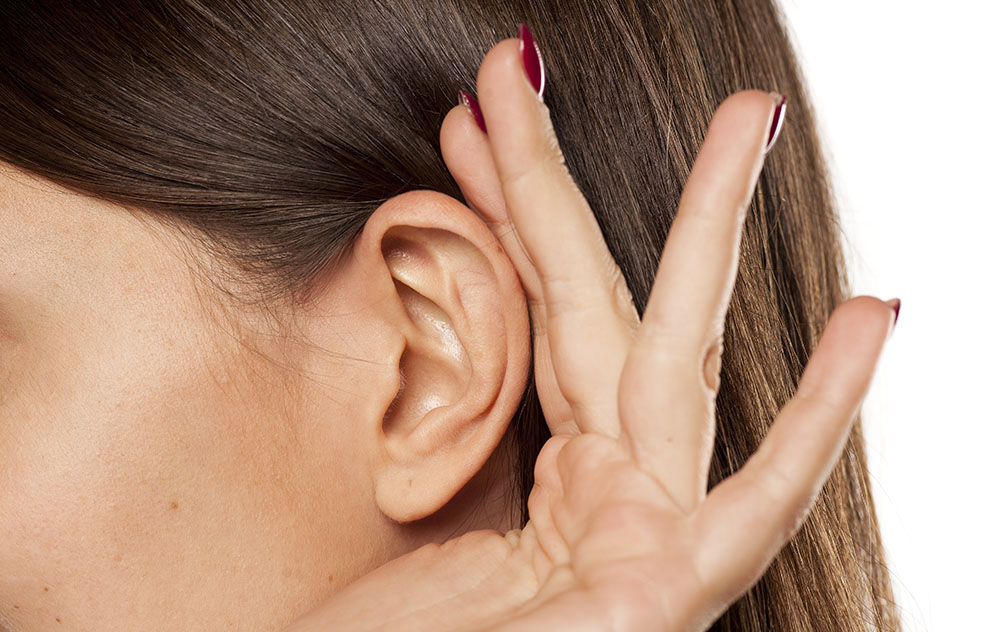How to Choose the Best Hearing Aid for Your Lifestyle
Choosing the right hearing aid isn’t just about finding something


Choosing the right hearing aid isn’t just about finding something

Hearing aids have quietly become some of the most advanced pieces of

If you enjoy hiking, playing tennis, working in your garden or